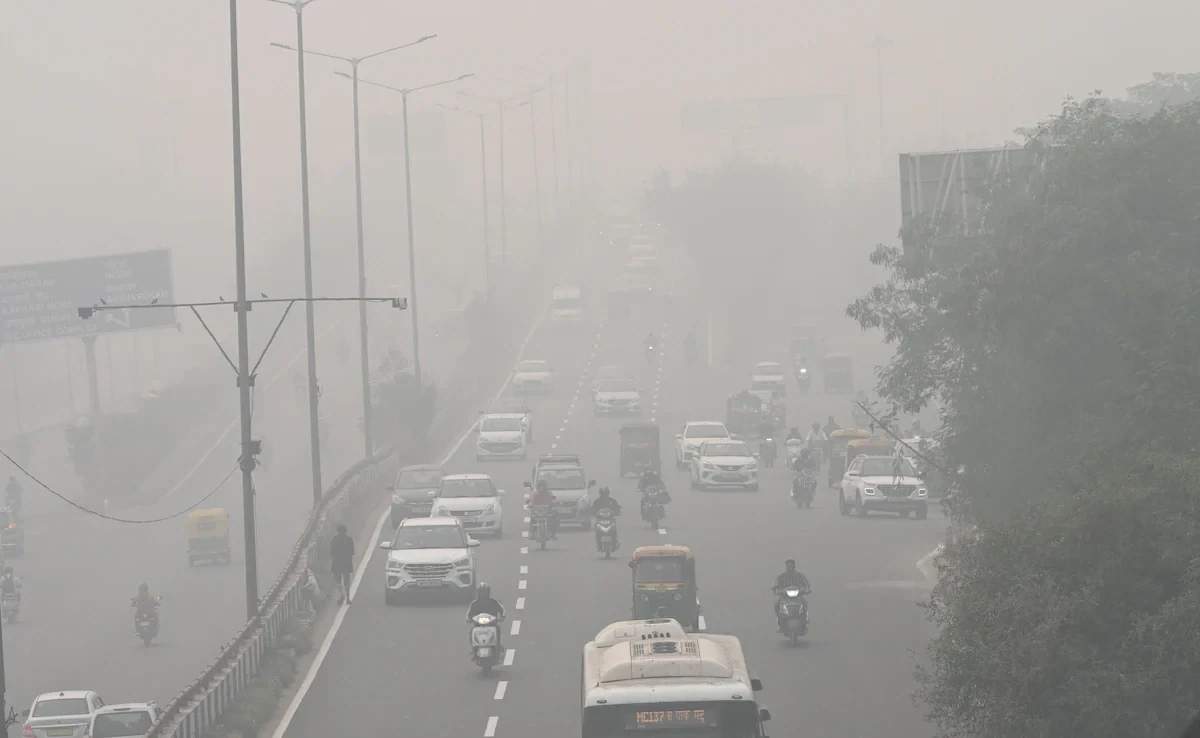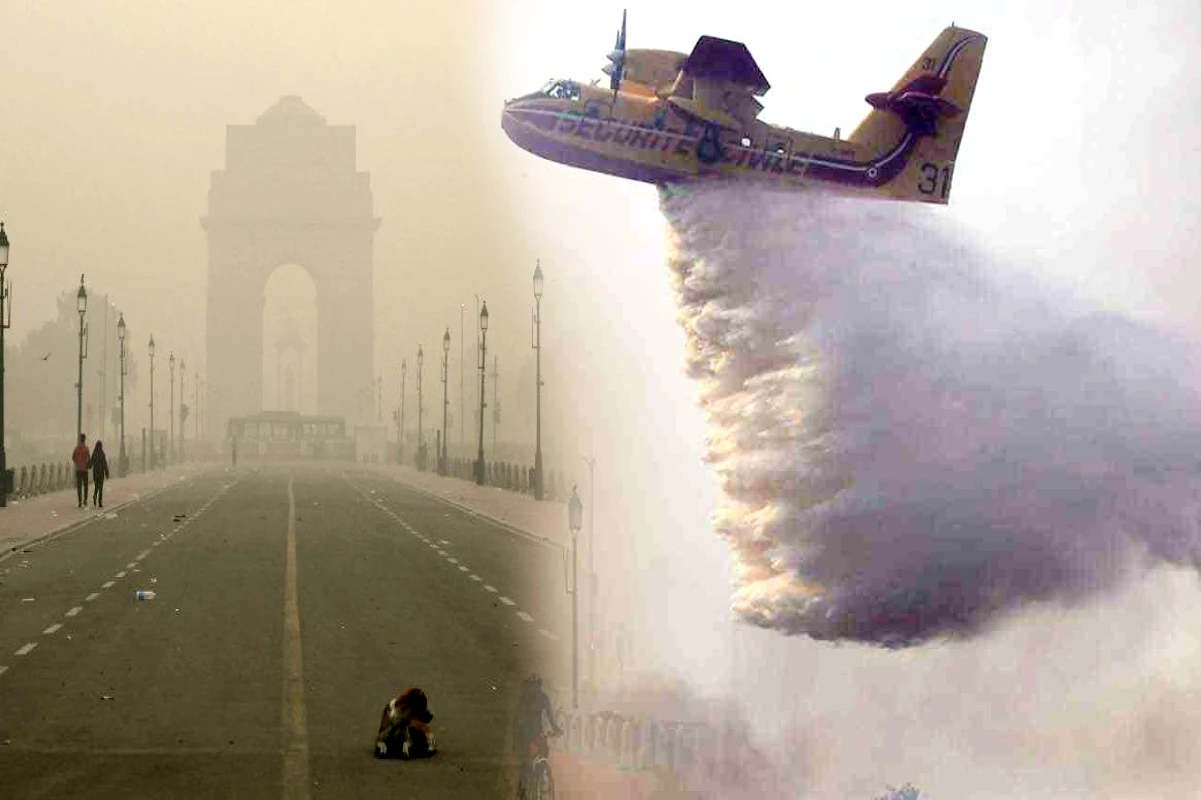Artificial Rain in Delhi: Delhi, known for its persistent air pollution problems, is exploring innovative ways to combat this issue. One such approach under consideration is artificial rain, also known as Cloud Seeding. Here’s what you need to know about this technology and its potential cost implications:
Cloud Seeding for Pollution Control:
In an effort to reduce air pollution in the national capital, the Delhi government is considering the use of artificial rain, a technique commonly referred to as Cloud Seeding. This technology involves modifying weather conditions to induce rainfall.
Collaboration with IIT Kanpur:
Delhi’s Environment Minister, Gopal Rai, took a proactive step by convening a meeting with a team from IIT Kanpur on November 8. The objective was to explore the feasibility and potential benefits of artificial rain in alleviating Delhi’s air pollution woes.
Cloud Requirement:
Artificial rain hinges on the presence of clouds in the sky. If Delhi experiences cloudy conditions around November 20-21, it may be an opportune time for cloud seeding. Such a move could have a significant impact on reducing the Air Quality Index (AQI) levels in the city.
The Science Behind Cloud Seeding:
Artificial rain, or cloud seeding, is a weather modification technique. It involves the introduction of certain substances into clouds to stimulate rain formation.
Cloud Seeding Agents:
Common substances such as silver iodide or potassium iodide are typically dispersed into the clouds using airplanes or helicopters. These substances act as nuclei around which water droplets can coalesce, ultimately leading to the formation of raindrops.
Rain Induction Process:
The process of rain induction through cloud seeding takes approximately one and a half hours to complete. It initiates raindrop formation, which can contribute to increased precipitation in the targeted area.
Cost Considerations:
Implementing artificial rain to mitigate air pollution comes at a price. Reports suggest that the Delhi government may need to allocate approximately Rs 13 crore for the execution of artificial rain projects in the city. This investment aims to provide relief from deteriorating air quality conditions.

the idea of artificial rain through cloud seeding holds promise as a potential solution to combat air pollution in Delhi. With the collaboration of experts from institutions like IIT Kanpur, the government is actively exploring this innovative approach. While the cost of around Rs 13 crore is a substantial consideration, the potential benefits in terms of improved air quality and public health make it a worthy investment for the city.
